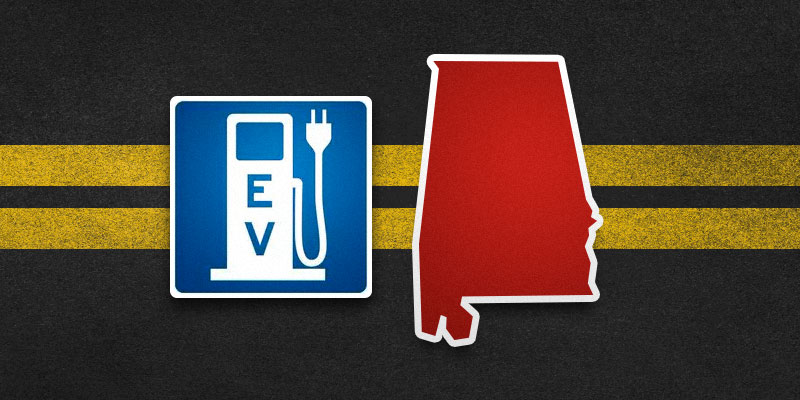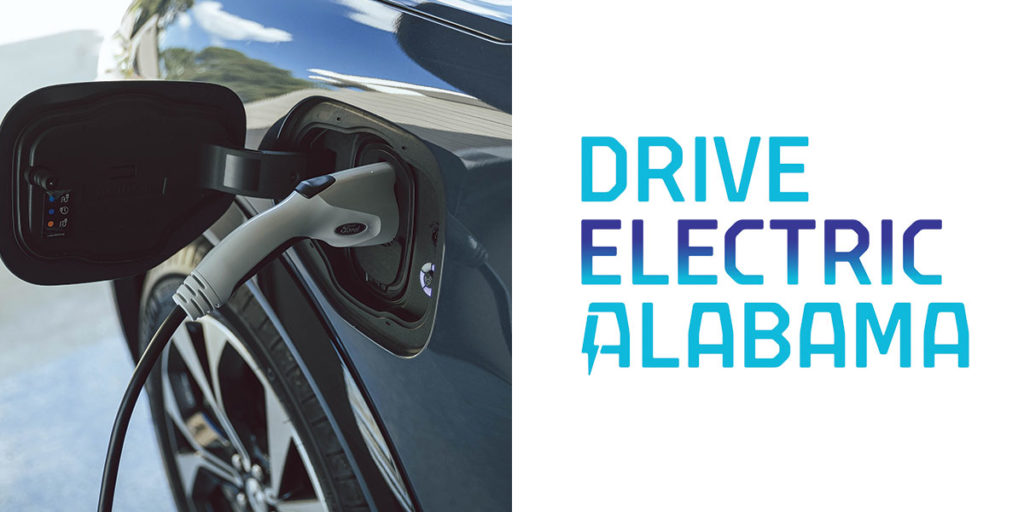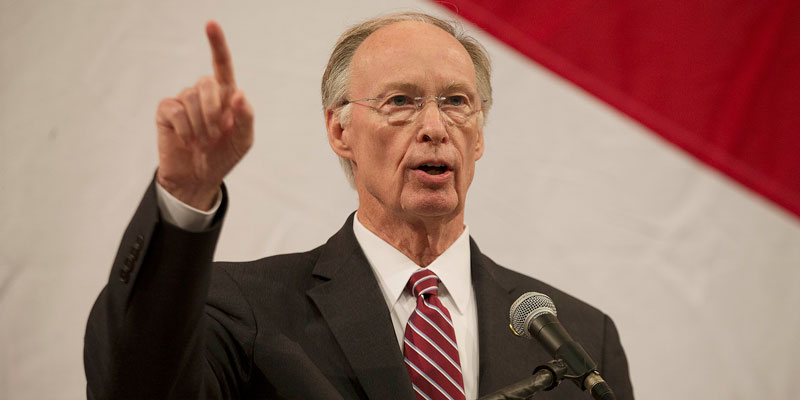MONTGOMERY — HB 2, known as the Rebuild Alabama bill, includes provisions that would put the Yellowhammer State at the forefront of the nation’s transition to electric vehicles.
At Thursday’s House Transportation, Utilities and Infrastructure Committee meeting, a representative from an out-of-state environmental group admitted that they want battery electric vehicle (BEV) drivers to only pay somewhere between $75-100 annually. This is less than what the average non-EV driver pays now in fuel taxes, even without the proposed increase in HB 2.
If HB 2 passes and is signed into law, the average non-EV driver would pay over $150 annually between current fuel taxes and the proposed Rebuild Alabama increase.
While it is noteworthy in and of itself that some environmentalists are complaining that drivers of EVs would have to pay a fair rate similar to what the average non-EV driver in the state does, perhaps lost in the conversation is the benefits in HB 2 for EV drivers alone.
As it stands, the lack of EV charging stations in Alabama is a major impediment to their expanded use.
Under a program that would be established by Rebuild Alabama, a portion of the fees paid by owners of battery electric vehicles (BEVs) and plug-in hybrid electric vehicles (PHEVs) would accelerate the deployment of EV charging station infrastructure across the state and alleviate consumer “range anxiety” about access to charging facilities.
The bill proposes that BEV drivers pay $200 and PHEV drivers pay $100 annually. While most of these fees will go towards the normal road and bridge revenue similarly funded by Rebuild Alabama fuel taxes, some of the funds collected for EVs will be distributed for use in the construction and maintenance of a modern-day public road and highway system.
This means that the state will dedicate 25 percent of the collected EV funds to support an EV infrastructure grant program that will provide funding to municipalities, counties, universities and other public institutions to pay for a portion of the costs of developing EV charging station infrastructure.
There is a sunset provision to the charging station infrastructure aspect of these fees, as the funds specifically being collected to pay for this EV infrastructure grant program will no longer be collected by the state after BEVs and PHEVs reach a 4 percent market share of motor vehicle registrations in Alabama.
Being out front on the EV funding issue and expanding charging infrastructure statewide will pay dividends going forward for all of Alabama, according to Rebuild Alabama proponents.
A standard EV charging station costs approximately $10,000 with installation, and fast charging EV stations cost approximately $125,000. Through this innovative program, Alabama will accelerate the expansion of EV charging stations across the Yellowhammer State and be on the cutting edge of EV expansion.
State Rep. Bill Poole (R-Tuscaloosa) told reporters Thursday that this is made even more important given the focus of Alabama-based auto manufacturers on the growth of EVs, including Mercedes-Benz.
Sean Ross is a staff writer for Yellowhammer News. You can follow him on Twitter @sean_yhn













